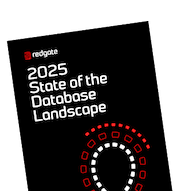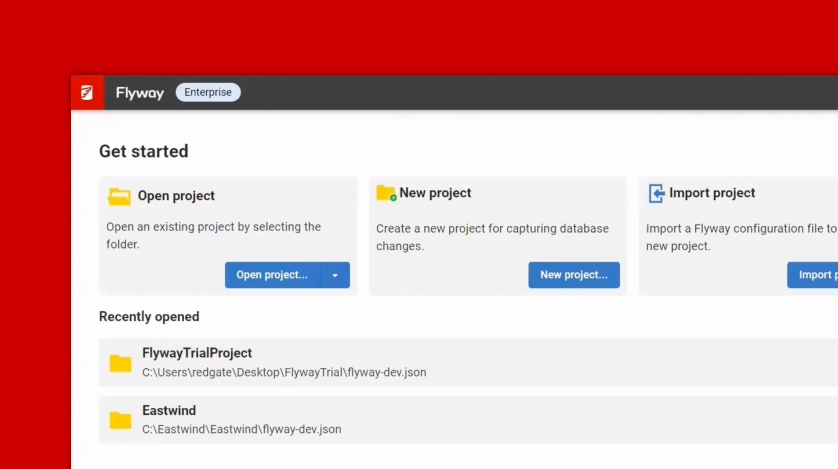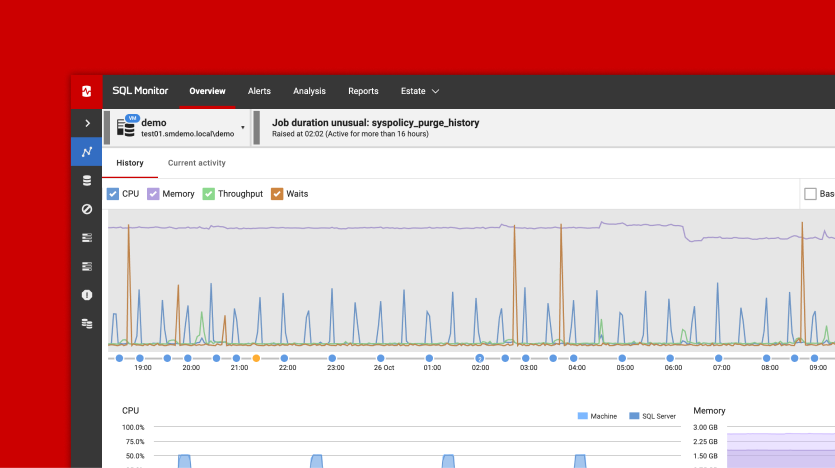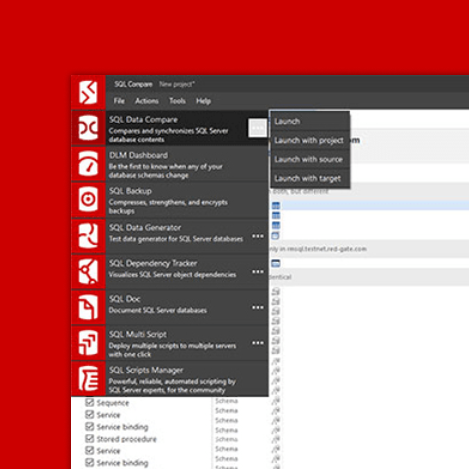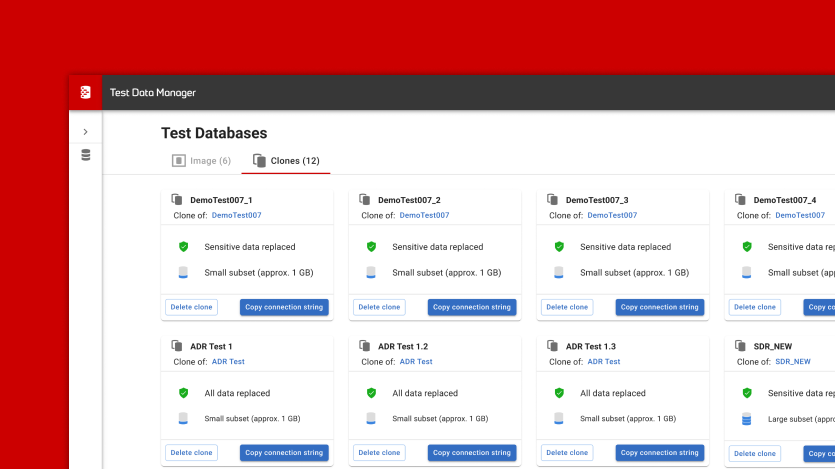The Redgate Advocates Predict… 3 Key Challenges to Overcome in 2022
An email recently came to our team (the Redgate Advocates) asking us what we thought the key challenges for data professionals might be in 2022. Kathi Kellenberger, Steve Jones and I each answered independently. We all bring different experiences and thoughts to the table, yet we all came up with three common themes. Here is what we all feel is likely to be of the most importance this year.
1. Hybrid-Hybrid
Everyone called out just how mixed the environments are becoming. More people are successfully moving to the cloud, but, it’s a hybrid approach. Some work is done locally and some on the cloud. Further, more people are implementing more than one cloud platform. Then you toss in the growth of multi-platform data management with multiple relational data management engines and non-relational data management. Add in the growth of microservices and you arrive at an interesting place indeed!
Few data professionals are on a single data platform, with a single OS, and a monolithic culture supporting it. As Steve puts it:
I think that a big challenge will be finding ways to integrate with multiple data stores. These could be the same platform or different types of RDBMSes, or even different stores, such as NoSQL platforms.
We are attempting to manage, automate, protect and monitor across a variety of different data platforms hosted in different locations. This trend shows every sign that it’s going to accelerate.
2. Learning
With this constant expansion into new technologies, the data professional is in a situation, more than ever before, where constant learning is the key to a successful career. People and organizations are struggling to keep up with the demands of non-stop learning. Added to all the shifts in technology are the shifts in how we’re developing and maintaining that tech. Our processes for backups, high availability and deployment are more automated, requiring even more learning.
While the fundamentals remain relatively constant, we see more and more we must pick up. Kathi sums it up this way:
As they move to microservices and take advantage of cloud databases, for DBAs it means learning new ways to do things and more dependence on automation.
If you’re not working on a plan for learning new methodologies and new technologies, you’re likely to fall behind. Remember also to keep the fundamentals up to date as well.
3. Growth
Everything we’ve talked about up to here, hybrid approaches, new technologies, cloud expansion, all lead to one additional challenge: uncontrolled growth. Yes, you have more than one data platform you’re managing, sure. However, the real challenge is that the number of those platforms keeps growing. The data on them also keeps growing. The simple volume of work grows as rapidly as the size, number and type of data stores.
Organizations are able to do more as our technology changes and improves. However, that growth directly impacts the data professional. As Steve says:
Administrators will be required to better ensure that the performance, availability, and security meet the demands of companies.
And Kathi comments:
How quickly can organizations upgrade to new versions as their systems grow?
You’re going to be tasked to do more, in a growing number of places, with an ever-expanding set of data.
Conclusion
This is not meant in any way to be doom and gloom. We’re all pretty excited about the future of all these technologies. However, heading into this stuff with eyes wide open, you do see that we have challenges in front of us. There is a common theme running between hybrid systems, non-stop growth, and the learning required to deal with both: automation. All three of us agree; the work you put into figuring out how to automate your processes as much as possible is how you’re going to meet the challenges of 2022.
Best of luck!
For more insight into trends / challenges in the industry, check out our latest reports: The State of Database DevOps and The State of Database Monitoring.
